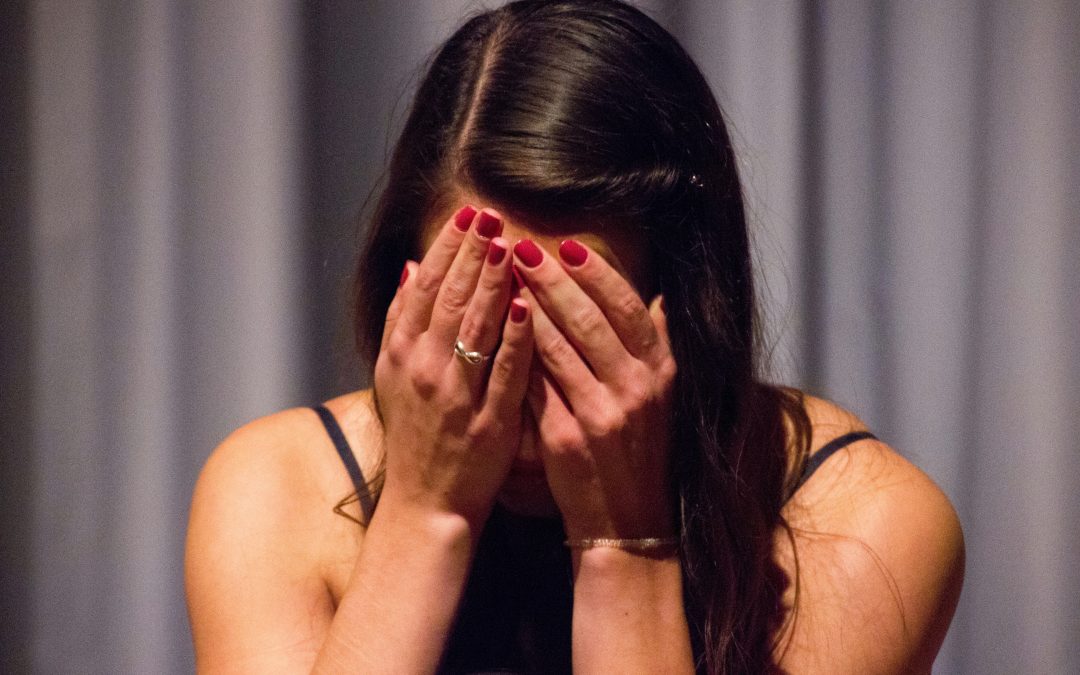TRIGGER WARNING – This article discusses sexual abuse.
We are going to address an often ignored topic: sibling s*xual abuse. Over the 17 years of doing this work, I’ve supported countless people in healing from this type of abuse, which has its own unique aspects that need to be looked at and addressed in order to process and integrate the trauma and move forward.
Sibling s*xual abuse is a deeply distressing experience that can have profound effects on individuals. Unlike abuse by a stranger or an adult, sibling abuse occurs within the intimate circle of family life, making the path to healing complex and challenging. The added component that the sibling may have been a minor often leads people to dismiss further or not know how/if to hold the person accountable.
Sibling s*xual abuse involves any s*xual activity between siblings where one is the aggressor (regardless of age!) and the other is the victim. It can range from inappropriate touching to other forms of s*xual assault. Due to the familial bond and the complexities of sibling relationships, victims often face unique emotional and psychological struggles.
Yet healing is possible!
Victims of sibling s*xual abuse may experience a range of emotions including shame, guilt, fear, confusion, and anger. They may struggle with feelings of betrayal and a loss of trust not only in the abuser but also in other family members who may not have intervened or believed them.
In my work, helping clients come to terms with the reality of the abuse is the first crucial step. Many survivors of sibling abuse may initially minimize or rationalize what happened due to feelings of loyalty or fear of disrupting family dynamics. Acknowledging the abuse and accepting its impact is essential for moving forward.
Another big step is learning how to navigate family dynamics. In some cases, family therapy may be beneficial to address communication breakdowns, establish accountability, and create a safe environment for healing.
Healing from sibling s*xual abuse is possible with support, understanding, and a commitment to self-care. Survivors deserve compassion, validation, and the opportunity to rebuild their lives free from the trauma of their past experiences.
By acknowledging the abuse, seeking help, and nurturing yourself, you can reclaim your sense of agency and move forward on your journey toward healing.
To healing!

P.S. If you’re ready to take the next step in healing from abuse and would like to explore enrolling in the Beyond Surviving program, start by applying for a Discover Your Genuine Self session.
Guest Post Disclaimer: Any and all information shared in this guest blog post is intended for educational and informational purposes only. Nothing in this blog post, nor any content on CPTSDfoundation.org, is a supplement for or supersedes the relationship and direction of your medical or mental health providers. Thoughts, ideas, or opinions expressed by the writer of this guest blog post do not necessarily reflect those of CPTSD Foundation. For more information, see our Privacy Policy and Full Disclaimer.





